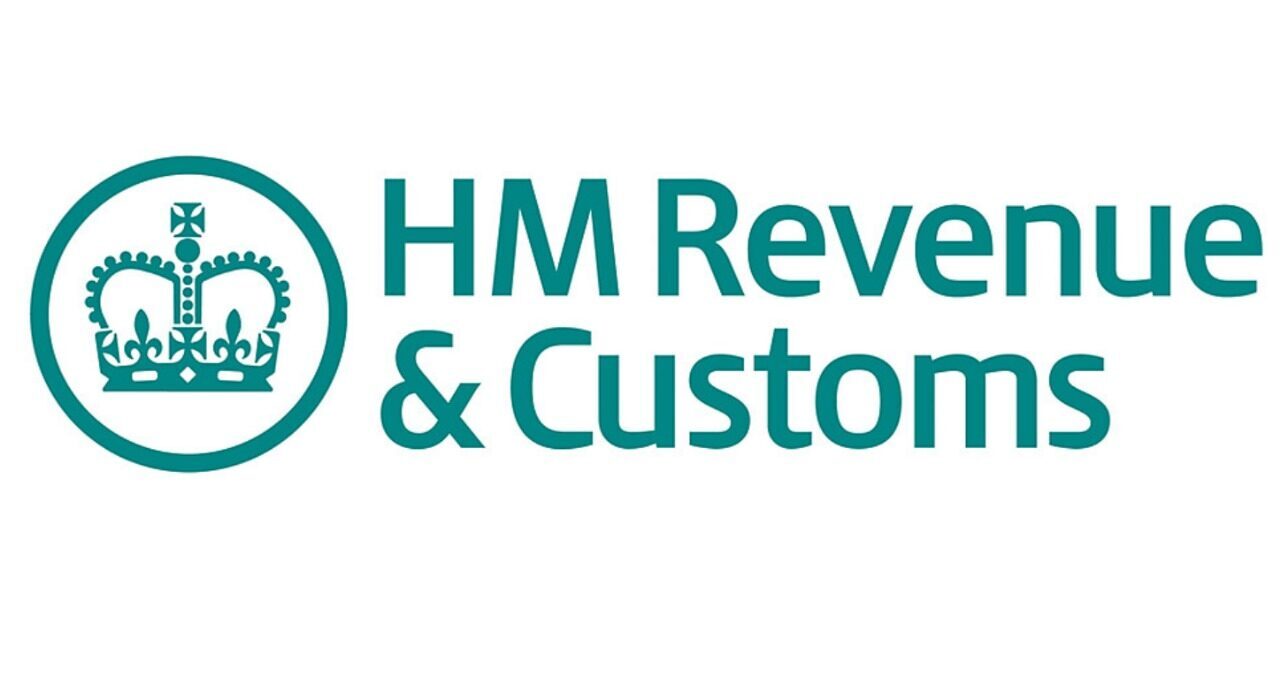Need free consultancy? Book Now

When Do I Need to Register A Business With HMRC?
Registering as a new business can differ depending on the type of business. As a business owner, you might be wondering when you need to register your business with HMRC, and the process can seem challenging due to its complexity and the various steps involved. Ensuring compliance with all legal requirements, maintaining accurate records from the start, and keeping track of tax deadlines can be overwhelming. In this article, we’ll discuss these factors and also when and why it is necessary to register a business with HMRC.
When do I need to register my business with HMRC?
This is a question that many business owners have. The answer is that the timing of registering a business with HMRC depends on the type of business and the activities being carried out. In general, a business must register with HMRC before becoming liable to pay any tax, in other words making a profit, or within 3 months of starting to trade. This includes being liable for VAT registration. Delayed registration will require keeping comprehensive records needed for submission when proceeding with the registration process.
VAT Registration
If your business is expected to reach a certain threshold, you will need to register for VAT before that. Currently with the 2024/25 budget, there has been an increase with the registration and deregistration thresholds. The registration threshold in the UK is £90,000 in sales, and you may deregister if your taxable turnover goes below £88,000. Always check for the latest VAT registration thresholds with HMRC.
Business owners can struggle with VAT registration. The administrative burden and time required to complete the registration process can divert attention from core business activities. The constant changes in tax laws and fear of making mistakes and can add to the anxiety and uncertainty of non-compliance faced by new business owners. If you require assistance with VAT registration, understanding the type of business expenses that qualify and how to reclaim these VAT, or even completing the VAT returns process, at GenZed Bookkeeping we offer comprehensive VAT services, ensuring compliance and timely submission to maximise profits.
Sole Traders and Limited Companies
Determining the correct business structure, such as a sole trader, partnership, or limited company, requires a good understanding of UK tax laws and their implications. When setting up a business you need to remember that the type of tax registration you may need depends on the type of business you have, for example if you are a sole trader, you need to register for Self Assessment and keep a personal tax return on any income you make. On the other hand, if you decide to trade as a limited company, you must also register for corporation tax. You will need to register the company before it has made any profits.
Employers’ National Insurance Contributions
Employers need to understand the PAYE system if they employ staff. A business has to complete mandatory registration when it’s paying employers’ National Insurance Contributions on employees’ salaries. Have in mind that this is only necessary when the company is paying wages above the current thresholds. There are different thresholds such as primary, secondary and upper earnings limit, always check with HMRC for latest regulations.
EXPERT CONSULTANCY
Book Your Free Consultation

EXPERT CONSULTANCY
Book Your Free Consultation
Unlock your business’s full potential with a no-obligation consultation. Get expert guidance towards smarter, faster, more effective financial solutions.
Different Registration Periods
Registration periods vary from one business type to another. For instance, limited companies have to register with HMRC before they make any profits, whereas a self-employed worker has until 5 October following the end of the tax year in which they started trading to register. Always refer to the latest legislation set out by HMRC.
Exceptions and Special Cases
It is worth noting that there are some exceptions. For instance, if your business is any kind of a financial intermediary, such as an insurance broker, you must register the services with HMRC before they start. While HMRC offers resources and support, these may not always be easily accessible or understandable. Accessing professional advice can be a burden for new businesses, however their expertise can ensure a smooth process, and therefore should always be considered.
If your taxable turnover goes over the VAT threshold temporarily, you can apply for a registration exception. Write to HMRC with evidence showing why your taxable turnover will not go over the VAT deregistration threshold of £88,000 in the next 12 months. HMRC will consider your reasons for exception and write to confirm. If not, they will register you for VAT.
Importance of Registration
It should be noted that tax registration is paramount for any business in the UK where laws and regulations are in place. Even if you are not yet making a profit, you are legally obliged to register for taxes within 3 months to comply with the law. It is recommended that you plan ahead before taking your next steps. Set reminders in your calendar prior to tax deadlines to avoid non-compliance. Additionally, initial costs associated with registration and compliance can strain limited capital, so these costs should be budgeted for.
As you have read, there are different moments when a business has to register with HMRC, but it is best practice to do it as soon as possible after starting to trade, in order to avoid penalties. It is necessary for businesses to register with HMRC because it is a legal requirement and the business will face fines if they are not registered.
To mitigate the challenges of registering with HMRC, seeking professional advice, utilising HMRC’s resources, and attending workshops can be beneficial. Taxes are not the most enjoyable part of doing business, but they are still an integral part of it. We hope you are better informed now and have gained an insight into when a business needs to register with HMRC.
Join Us In
Three Easy Steps
Get in touch
Get in touch to find out how our accounting and bookkeeping solutions can streamline your finances and boost your business.
Chat to an expert
Chat with our experts today for tailored accounting and bookkeeping solutions to enhance your business performance.
Get a fixed quote
Secure a fixed quote today for accurate pricing on our expert accounting and bookkeeping services. No surprises, just great value.
NEWSLETTER
Subscribe to Our Newsletter

NEWSLETTER
Subscribe to Our Newsletter
Receive expert tips and insights on accounting and bookkeeping to help grow your business with confidence.